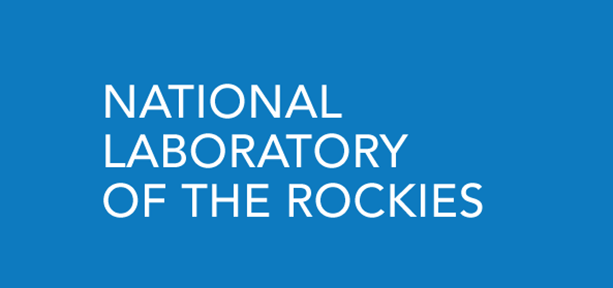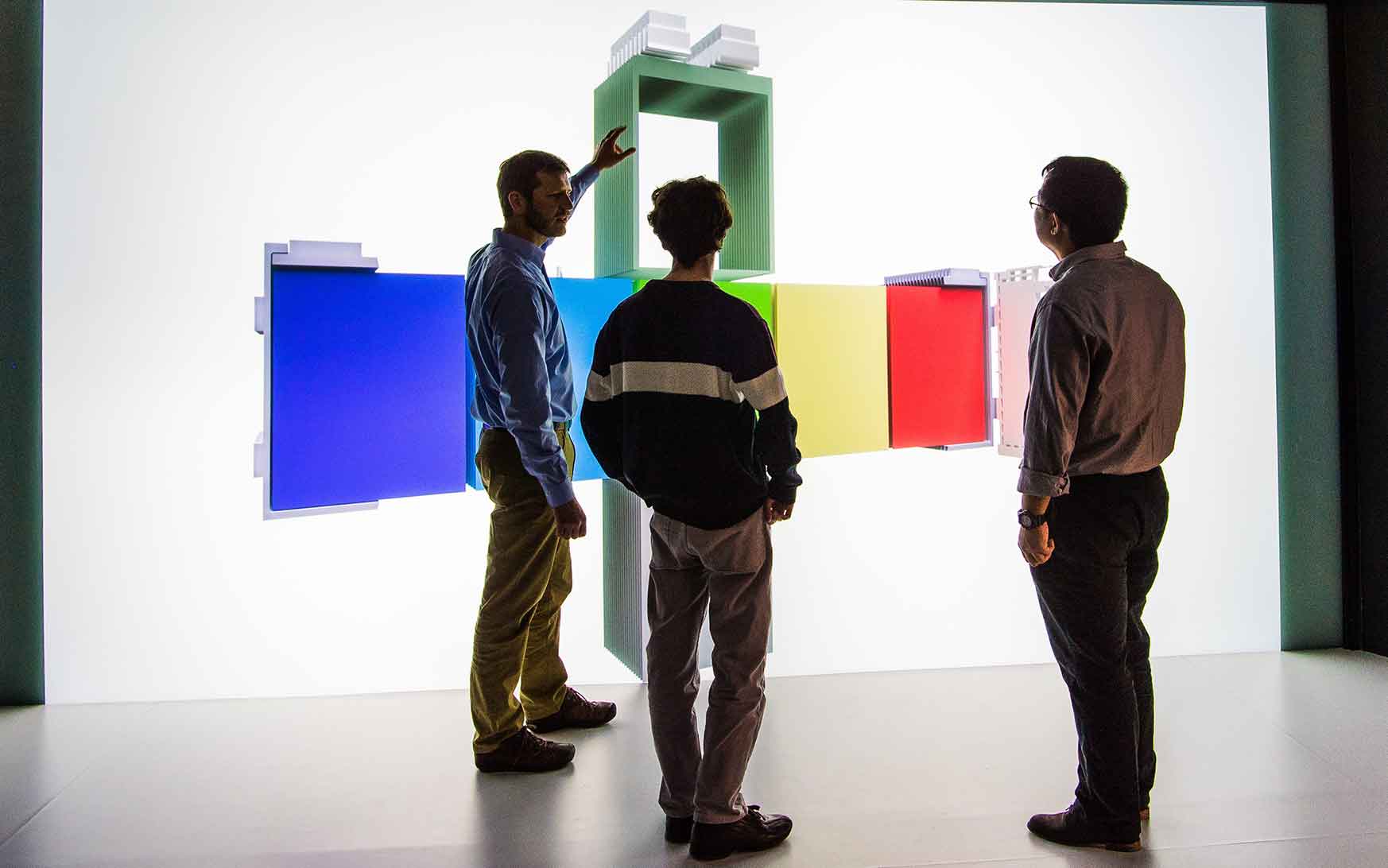Explore our collection of new stories for this topic.
Search or filter for a specific story using the options below.
May 2017
Popular NREL-Developed Transportation Mobile App Launches on Android Platform
A new Android version of the Alternative Fueling Station Locator App was recently released. The NREL-developed mobile application for the U.S. Department of Energy’s Clean Cities program joins the original iPhone version, and allows users to select an alternative fuel—including electricity, natural gas, biodiesel, ethanol (E85), propane, and hydrogen—to find the 20 closest stations within a 30-mile radius.
NREL Partners with California Valley Transportation Authority on Electric Bus Grid Integration Project
NREL is partnering with the Santa Clara Valley Transportation Authority (VTA) in California on a new Advanced Transit Bus Vehicle Grid Integration (VGI) Project to develop and demonstrate VGI strategies and analytics to inform state-wide opportunities for transit agencies. The California Energy Commission is funding the $2 million project, which will span four years and includes a variety of partners.
News Release: NREL's Advanced Atomic Layer Deposition Enables Lithium-Ion Battery Technology
The U.S. Department of Energy's National Renewable Energy Laboratory (NREL) has entered into an exclusive license agreement with Forge Nano to commercialize NREL's patented battery materials and systems capable of operating safely in high-stress environments. A particular feature of the technology is the encapsulation of materials with solid electrolyte coatings that can be designed to meet the increasingly demanding needs of any battery application.
Webinar May 11: Manufacturing Competitiveness and Supply Chain Analyses for Hydrogen Refueling Stations
The U.S. Department of Energy's Fuel Cell Technologies Office will present a live webinar titled "Manufacturing Competitiveness and Supply Chain Analyses for Hydrogen Refueling Stations" on Thursday, May 11, from 10 to 11 a.m. Mountain Daylight Time.
News Release: NREL Scientists and Engineers Recognized for Top Innovations
The U.S. Department of Energy's (DOE) National Renewable Energy Laboratory (NREL) recognized its innovation and partnering successes and honored the scientists and engineers behind them at the lab's annual Innovation and Technology Transfer Awards ceremony.
April 2017
NREL, NASA, and UCL Team Up to Make Lithium-Ion Batteries Safer on Earth and in Space
NREL has teamed up with the National Aeronautics and Space Administration and University College London for a study on lithium-ion battery failure using the lab's newly patented Battery Internal Short Circuit Device. A clear, in-depth understanding of what causes destructive, internal short circuits will set the stage for improved manufacturing processes to make these popular batteries safer in all applications.
Co-Optima Highlights Primary Causes of Misfueling and Mitigation Strategies
A newly released report developed under the NREL-led Co-Optimization of Fuels & Engines (Co-Optima) initiative spotlights the primary causes of vehicle misfueling, resulting issues, and potential strategies for mitigation. Researchers want to avert any risk of drivers filling up with the wrong fuel when new Co-Optima high-performance formulas hit the market. The study drives home the need for more effective misfueling mitigation strategies to ensure the successful commercial rollout of any new fuels.
Connecting Electric Vehicles to the Grid for Greater Infrastructure Resilience
NREL has managed a variety of studies and partnerships under the Integrated Network Testbed for Energy Grid Research and Technology Experimentation (INTEGRATE) project, which aims to enable the nation's electric grid to handle increasing amounts of renewable energy. As part of this broad-reaching initiative, NREL's transportation team played a leadership role in INTEGRATE's transportation-related efforts, collaborating with industry partners and other national labs across the country.
NREL-Led Effort Results in Groundbreaking New ASTM High-Octane Fuel Standard
The release in March of a new ASTM International high-octane fuel standard with guidance from NREL’s research engineer Robert McCormick is expected to impact the development of gasoline products compatible with vehicles that feature high-performance fuel-efficient engines.
March 2017
Computer-Aided Design Speeds Development of Safe, Affordable, and Efficient Batteries
Cutting-edge battery simulation tools developed by NREL and its partners in the Computer-Aided Engineering for Electric Drive Vehicle Batteries (CAEBAT) project are improving battery safety and performance, while driving down cost and development time.
Share
Last Updated May 5, 2025

